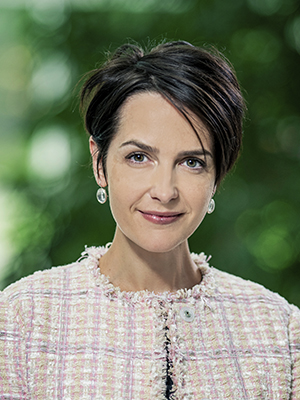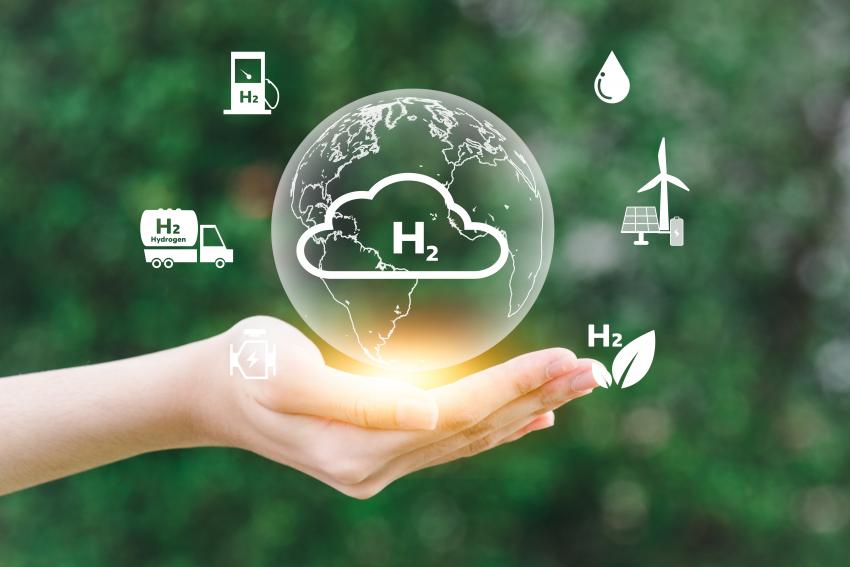Within the framework of the Horizon Europe programme, the European Union (EU) has provided initial approval for the implementation of the Cross-border Hydrogen Valley project around the Baltic Sea (BalticSeaH2) project, including the granting of support and funding to the Freeport of Riga for the implementation of research activities for the creation of a cross-border hydrogen valley in the Baltic Sea region.
The objective of the BalticSeaH2 project – to bring together international partners from Finland, Estonia, Lithuania, Latvia, Germany, Sweden, France, Norway and other European countries with the aim to create the first and largest cross-border hydrogen valley in the region, which will develop a circular hydrogen economy facilitating a faster transition to the production and use of renewable energy in Europe. According to the developers of the hydrogen valley their main challenges are fostering environmental protection, energy security and independence across Europe, as well as stimulating the economy, developing infrastructure and implementing innovations. The total project implementation term is 60 months and its total budget exceeds EUR 30 million.
The project aimed at creating a cross-border hydrogen valley will involve 44 partners, including municipalities, innovation, technology and manufacturing companies, scientific institutes and other sector experts. Latvia will be represented in the BalticSeaH2 project by the Freeport of Riga and the Green and Smart Technology Cluster.
“The Port of Riga is the country's largest transport hub. It has at its disposal waterways, adjacent areas, knowledge and unique infrastructure. Along with cargo transportation, we are currently actively moving towards developing services that can provide added value and help to strengthen the competitiveness of the port's clients in the world. We have set a goal to become the location where various new and environmentally friendly technologies are united, providing a platform for bold innovations and future-shaping change. Operating in the region's largest hydrogen valley is our opportunity to actively participate in the initial development and pioneering of various technological innovations, to be at the core of the region's innovation knowledge, as well as not only to be involved in the development of a common hydrogen strategy and vision for the region, but also to demonstrate and pilot real and economically viable solutions," said Viesturs Zeps, Chairman of the Freeport of Riga Board.
Among the first tasks to be performed by BalticSeaH2 are trials of various hydrogen technology solutions, production and mining potential research, prototyping of technologies and their applications, development of basic infrastructure and promotion of systematic intersectoral cooperation with the aim to replicate the obtained results elsewhere in Europe.
Within the framework of BalticSeaH2 the Freeport of Riga has assumed responsibility to provide the necessary research of hydrogen technology use in the maritime sector - for the purposes of vessel refueling, shipping, hydrogen storage, redistribution, transfer and distribution within these stages. Within the framework of the project, a hydrogen hybrid vessel ‘s conversion and piloting are also planned at the port of Riga. The Freeport of Riga is an active member of the Latvian Hydrogen Association and a promoter of the technology. The EU Horizon Europe programme aims to strengthen Europe's integrity, address climate change issues and boost Europe's global competitiveness by supporting science, tackling global challenges, promoting the competitiveness of European industry, pan-European innovations and strengthening the European Research Area.
Information for media

- [email protected], +371 670 308 53
- Freeport of Riga Authority
- 12 Kalpaka blvd, Riga, Latvia, LV-1010
 English
English























